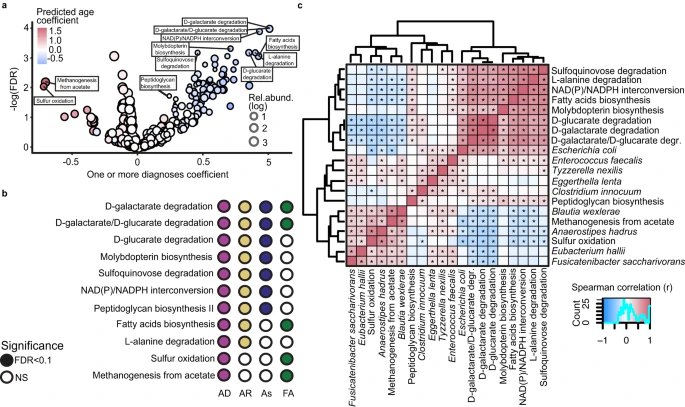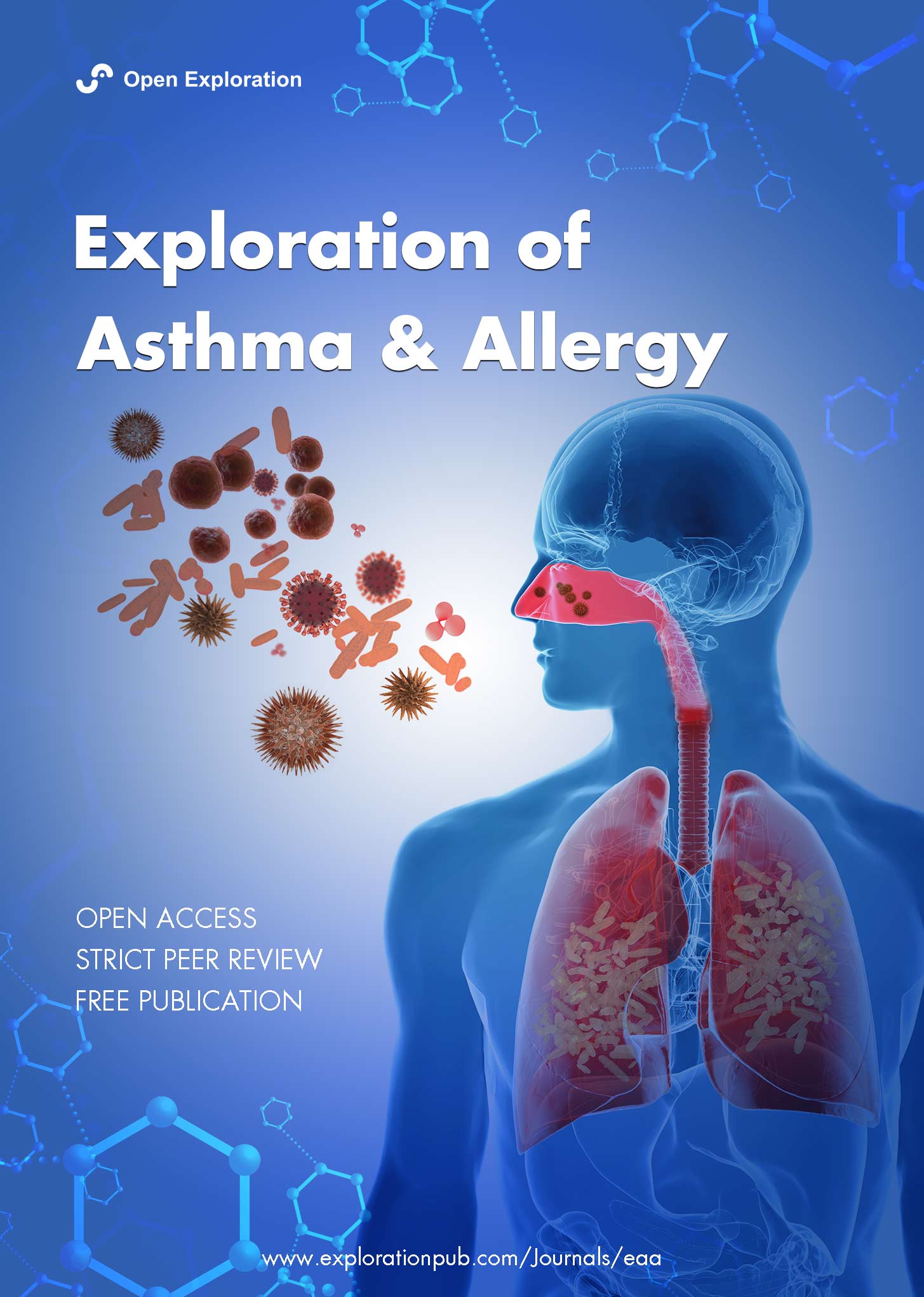Abstract
Background
Macrophage migration inhibitory factor (MIF) and GTPase dynamin-related protein 1 (Drp1)-dependent aberrant mitochondrial fission are closely linked to the pathogenesis of asthma. However, it is unclear whether Drp1-mediated mitochondrial fission and its downstream targets mediate MIF-induced proliferation of airway smooth muscle cells (ASMCs) in vitro and airway remodeling in chronic asthma models. The present study aims to clarify these issues.











